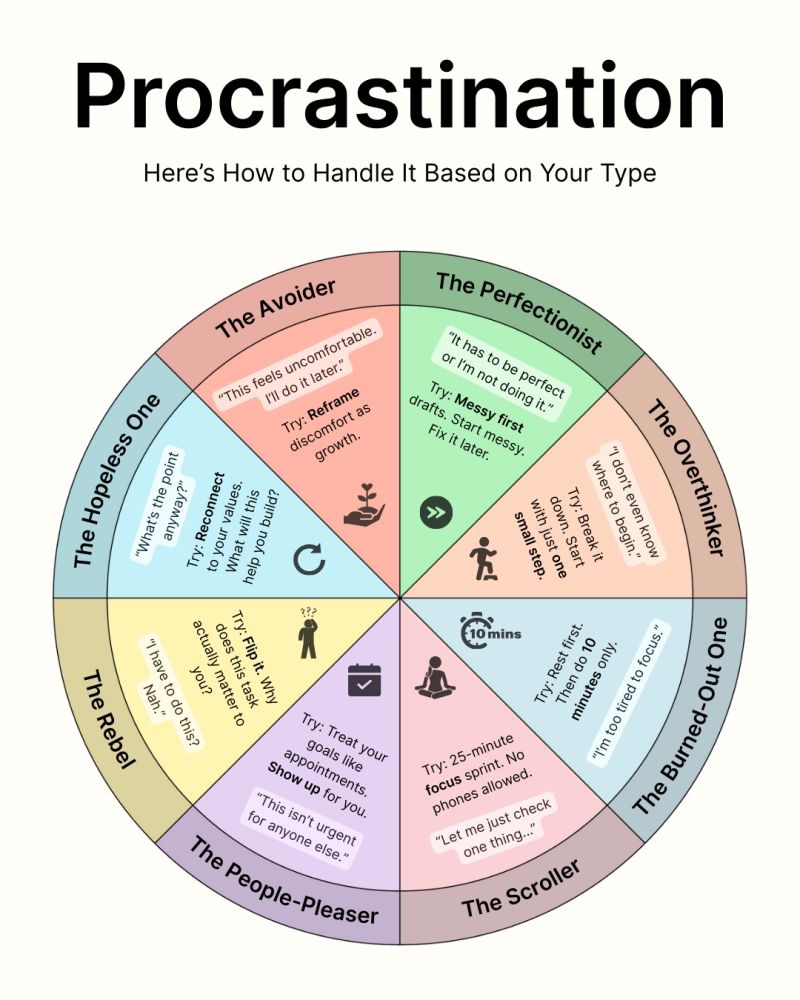Sublime
An inspiration engine for ideas
There was a period in his career when Seth Rogen would feel terrible after watching a great movie. A writer, actor, and director himself, he’d burn with envy, measuring his writing, acting, and directing against the writing, acting, and directing of whatever brilliant thing he’d just watched. Then he’d go back to his own work and start twisting and
... See moreBut it turns out “awakening” is largely about waking up from being lost in compulsive thought.7 And the depth of it is determined by how thoroughly you’ve stopped trusting thought as your source of reality, and how much you trust the larger field of experience instead. When thinking relaxes its grip, so does the identity built on top of it. And... See more
TED’S 24 RULES FOR READING
- Reading shouldn’t be a goal —instead it ought to be cultivated as a habit .
- It should be a relaxing and enjoyable habit, something you look forward to each day. That’s why setting too many reading goals will be counterproductive. It will put pressure on you, and that’s the opposite of relaxation.
- Remember that this is a
Ted Gioia • My 24 Rules for Reading
I don’t understand how anyone can say they’re anti something that’s potentially creative. If it’s not working for you today it could work for you a year from now. Soon conversations like that won’t even matter. It’s like discussing the Internet. It already is.


